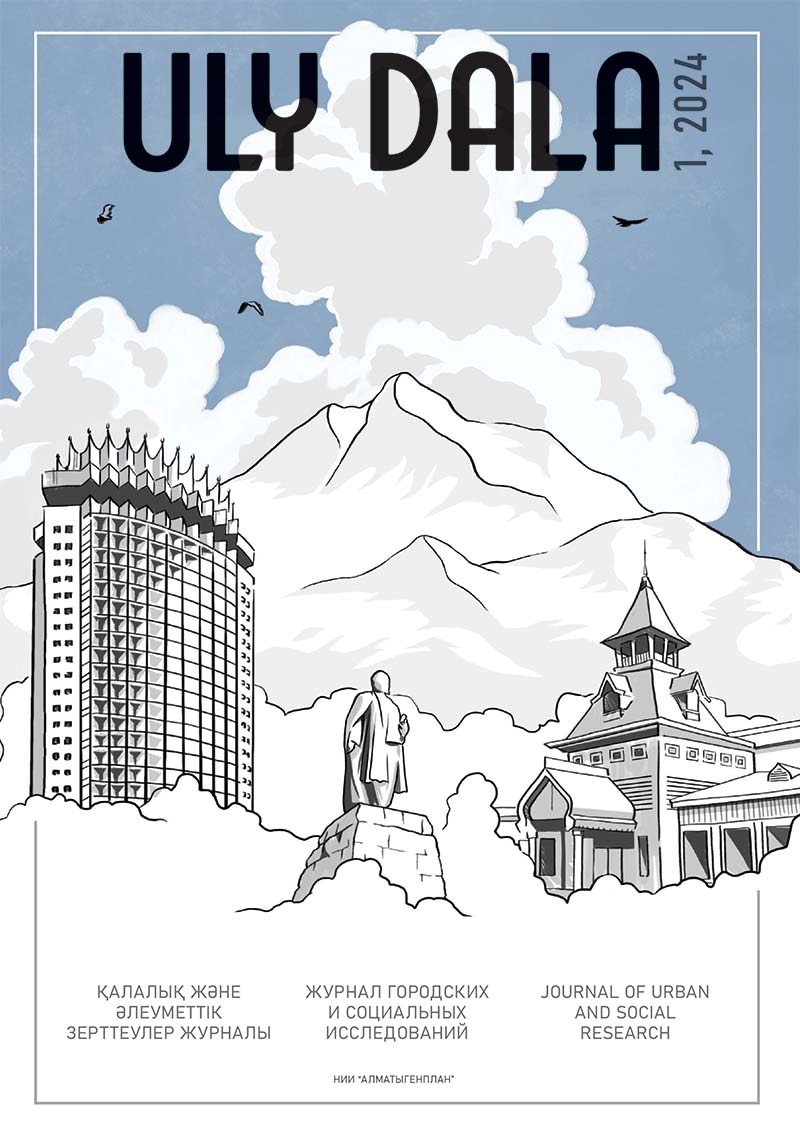Mobile Practices Of Regulation: Design Code And Budget Of Public Participation0
Keywords:
design-code, public participation budget, participatory budgeting, mobile technique, technological frame, delegationAbstract
The study is focused on the practices of mobility of regulatory tools as they travel significant distances between various socio-economic environments and methods of the urban daily life organization. In the recent decades this has been an especially popular line of research within the sociology of science and technology which is less frequently used for analyzing urban regulatory tools and is usually focused on the mobile forms associated with the intellectual property, pharmaceuticals or technical inventions. Conducted at the intersection of the science and technology research and socio-legal studies of urban law the project is touching upon the documents regulating the business and advertising and the residential initiative financing regulation which in turn has become a way for the city dwellers to establish a dialogue with the city administration. The classic text by Aibar and Baker about the Cerda Plan for the Extension of Barcelona has been used as a starting point reflecting upon the analyses of the power redistribution strategies in Almaty. The 2023 empirical part of the study consists of the review of documents and practices of the design code implementation and the application of the public participation budget in Almaty and is complemented by in-depth interviews and open data analysis being the first step of research in the socio-legal aspects of urban environment regulation in the cities of Central Asia. The study demonstrates the efficiency of the regulation of economic aspects of the urban environment and socio-economic regulatory tools operating in the context of a complex and heterogeneous economic structure under the influence of various economic traditions.
References
Burdette, Jason (2004). Form-based codes: A cure for the cancer called Euclidean
zoning? [Master’s thesis, Virginia Polytechnic Institute and State University].
https://drive.google.com/file/d/1xlc_k9rTx_Hp-iENTPpYvBLdjaFOf7WF/
view?usp=sharing
Clarke, Nick (2012). Urban policy mobility, anti-politics, and histories of the
transnational municipal movement. Progress in Human Geography, 36(1), 25-43.
Cloatre, Emilie (2008). Trips and pharmaceutical patents in Djibouti: An ANT
analysis of socio-legal objects. Social & Legal Studies, 17(2), 263-281.
De Laet, Marianne (2000). Patents, travel, space: Ethnographic encounters with
objects in transit. Environment and Planning D: Society and Space, 18(2), 149-168.
Ganuza, Ernesto & Baiocchi, Gianpaolo (2012). The power of ambiguity: How
participatory budgeting travels the globe. Journal of Deliberative Democracy, 8(2).
Hakim, Besim (2008). Mediterranean urban and building codes: Origins,
content, impact, and lessons. Urban Design International, 13(1), 21-40.
Lehtonen, Pauliina (2022). Policy on the move: The enabling settings of
participation in participatory budgeting. Policy Studies, 43(5), 1036-1054.
Parolek, Daniel, Parolek, Karen & Crawford, Paul (2008). Form based codes:
A guide for planners, urban designers, municipalities, and developers. Hoboken,
NJ: John Wiley & Sons.
Pozoukidou, G., & Chatziyiannaki, Z. (2021). 15-Minute city: Decomposing the
new urban planning eutopia. Sustainability, 13(2), 928.
Temenos, Cristina & McCann, Eugene (2013). Geographies of policy mobilities.
Geography Compass, 7(5), 344-357.
Timms, Paul (2011). Urban transport policy transfer: ‘Bottom-up’ and ‘Topdown’ perspectives. Transport Policy, 18(3), 513-521.
Downloads
Published online
Issue
Section
License

This work is licensed under a Creative Commons Attribution-NonCommercial 4.0 International License.

